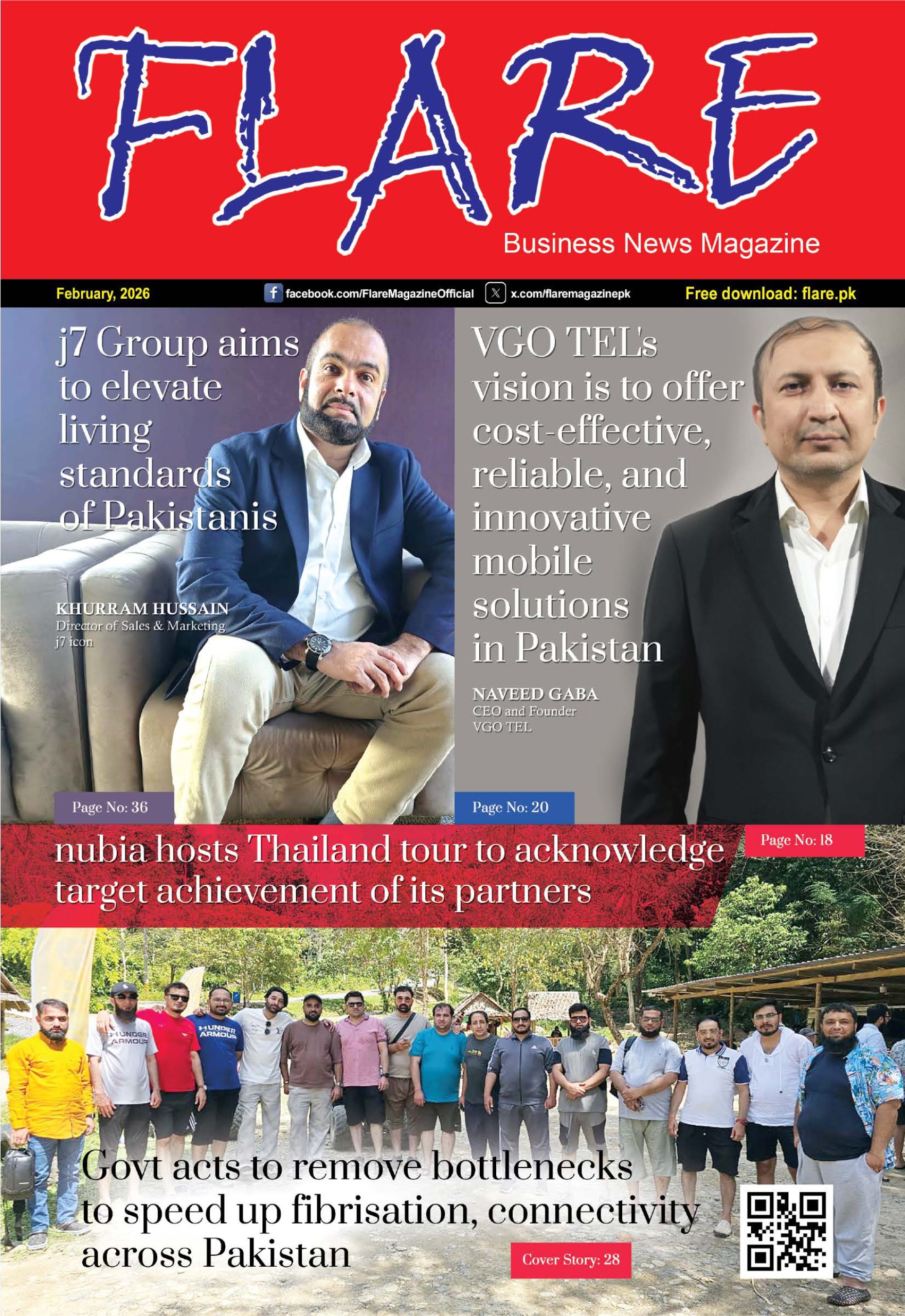ISLAMABD Newa desk: A new report from the Pakistan Association of Automotive Parts & Accessories Manufacturers (PAAPAM) warns that Pakistan’s auto parts industry is on the brink of collapse, facing an existential threat from abrupt tariff changes and the normalization of used car imports. The report, titled “Road to Glory or Edge of a Cliff,” argues that recent and proposed government policies, including the National Tariff Policy (NTP) 2025-30 and prescriptions from the International Monetary Fund (IMF), would dismantle the fragile ecosystem that has taken decades to build.
The report paints a stark picture of an industry that has painstakingly developed a domestic manufacturing base but is now undermined by inconsistent government support and market distortions. PAAPAM states that without predictable policy and a coherent tariff structure that rewards local value-addition, Pakistan risks sliding back into import dependence, leading to thousands of job losses and a halt in industrialization.
The Backbone of Pakistan’s Manufacturing
According to PAAPAM, Pakistan’s auto parts ecosystem is a cornerstone of the country’s manufacturing base. It is comprised of 1,200 Tier-1, Tier-2, and Tier-3 suppliers that collectively support 1.83 million jobs, with 300,000 directly employed in the auto parts industry. The industry has localized over 5,000 components, generating more than PKR 300 billion in value annually and saving the economy foreign exchange that would otherwise be spent on imports.
The report emphasizes that these are not merely “screwdriver plants” but a full-fledged ecosystem that produces between 40% and 60% of a vehicle’s components locally. These parts meet stringent global quality standards set by Japanese, Korean, and European manufacturers, with many undergoing overseas testing and certification.
Myths vs. Reality
PAAPAM dedicates a significant portion of its report to debunking what it calls “myths” about the industry. It challenges the notion that local cars are “exorbitantly costly” due to manufacturer greed, arguing instead that high taxes and duties—which account for 35% to 58% of a vehicle’s retail price—are the primary culprits. The report presents data showing that, on a pre-tax basis, locally assembled models are competitively priced compared to regional counterparts.
The report also refutes the idea that assemblers suppress production to create a supply shortage and charge premiums. It clarifies that such premiums are the result of speculative brokers and are often caused by supply chain disruptions, not deliberate actions by manufacturers. PAAPAM points out that the industry has surplus installed capacity and that reduced production increases unit costs, eroding competitiveness.
The Twin Threats: Tariff Flattening and Used Car Imports
The report identifies two primary threats to the industry: the proposed flattening of the cascading tariff structure and the ongoing crisis of used car imports.
* Tariff Flattening: Pakistan’s previous tariff framework was designed with a cascade, imposing the lowest duties on raw materials and the highest on completely built units (CBUs). This structure incentivized local value addition. However, the proposed NTP 2025-30 seeks to flatten duties on all CKD parts, including those already made domestically, to the same rate as raw materials. According to PAAPAM, this nullifies the incentive for assemblers to buy from local vendors,
jeopardizing over PKR 100 billion in investments made by suppliers in tooling and production lines.
* Used Car Imports: PAAPAM highlights that Pakistan is an anomaly among auto-producing nations for allowing large-scale used car imports. These vehicles, often imported through loopholes in personal schemes, captured nearly a quarter of the passenger car market in 2024-25. The report estimates that this influx has cost local parts manufacturers PKR 60 billion in lost revenues and displaced 40,000 potential jobs annually.
Call for Action and Recommendations
PAAPAM urges policymakers to reconsider these measures and offers a set of strategic recommendations for AIDEP 2026 and beyond. The association’s key proposals include:
* Permanent Ban on Used Car Imports: The report calls for a permanent ban on used car imports, arguing that no successful auto-producing nation tolerates such a practice. It suggests a practical approach to regulating used car imports through mandatory JAAI certification to prevent the influx of substandard vehicles.
* Reinstating Cascading Tariffs: The report recommends that AIDEP 2026 reinstate a cascading tariff structure, codifying it into law to ensure predictability and reward localization.
* Vehicle Scrapping Policy: PAAPAM proposes a pilot vehicle scrapping and end-of-life policy to generate domestic demand. A modest scrapping rate of 30% could induce an additional demand for 1.8 million vehicles per year, providing the scale needed for the industry to thrive and compete globally.
* Targeted Auto Financing: The report stresses that affordability is a function of credit availability, not just duties. It recommends using auto financing as a policy lever to support first-time buyers and expand the market.
The report concludes that Pakistan has a choice to make: either continue on a path that will lead to de-industrialization and import dependence or adopt a predictable, performance-linked reform strategy that leverages its existing industrial base to achieve export-led growth and sustainable prosperity.



